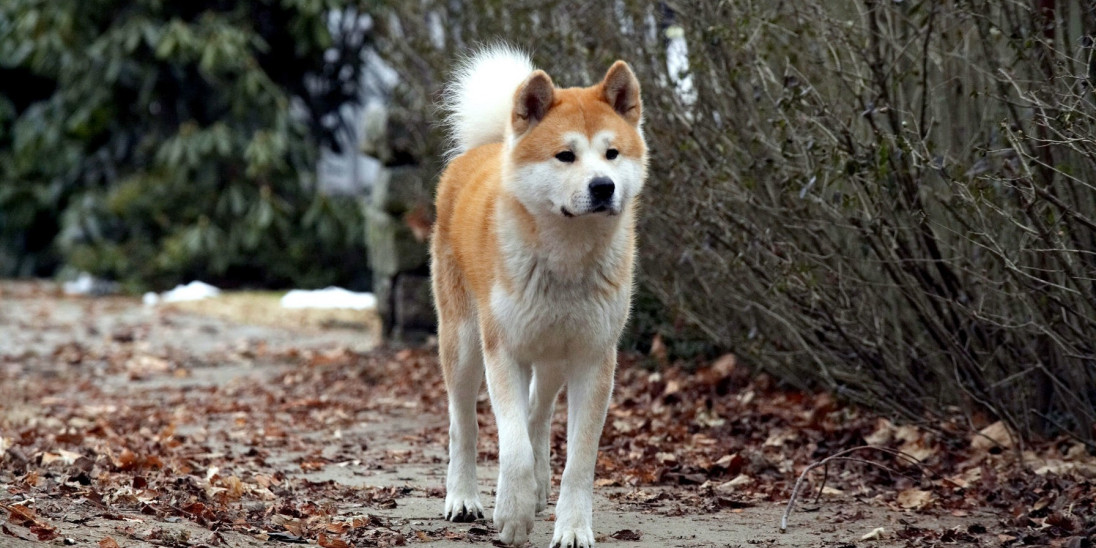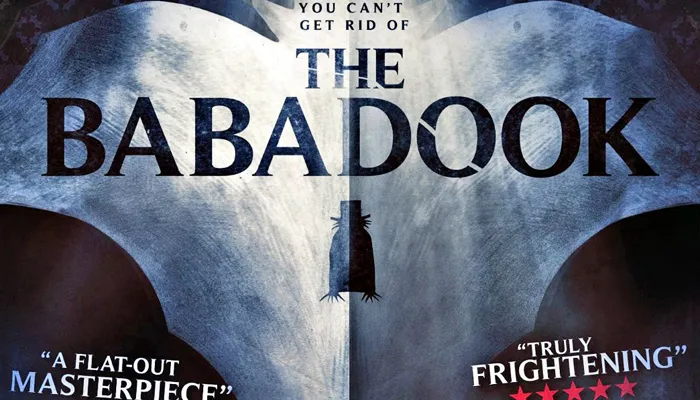Hachi – The Loyal Dog (2009): A Heartwarming Tale of Unwavering Devotion
Hachi: A Dog’s Tale (2009) is a deeply emotional and touching film that tells the true story of a dog’s unwavering loyalty to his master. Directed by Lasse Hallström and starring Richard Gere, Joan Allen, and an incredibly expressive Akita dog, the film is an American adaptation of the Japanese tale of Hachikō—an Akita who waited for his deceased owner every day for nearly ten years. Set in a small town in the United States, the story transcends cultures and languages, capturing the universal themes of love, loss, and loyalty.
The film opens with a young boy presenting a school project about a hero, choosing to tell the story of Hachiko, a dog who belonged to his grandfather, Professor Parker Wilson (played by Richard Gere). One day, Parker finds a lost Akita puppy at the local train station and, despite some initial hesitation from his wife Cate (Joan Allen), decides to adopt the dog. The two form a profound bond, with Hachi accompanying Parker to the train station each morning and returning every afternoon to greet him. The routine becomes a symbol of their connection—silent but deeply meaningful.

Tragedy strikes when Professor Wilson dies suddenly at work, never returning to the train station. But Hachi continues to wait, day after day, at the same spot where he once greeted his beloved owner. Despite being taken in by other family members and later even strangers who care for him, Hachi always returns to the station, steadfast in his hope and devotion. For nearly ten years, he waits, touching the hearts of passersby and becoming a local legend.
The film's emotional weight lies in its simplicity. There are no grand plot twists or complex subplots—just a quiet, powerful portrayal of loyalty that endures beyond death. Richard Gere delivers a restrained and sincere performance, allowing the bond between man and dog to shine without melodrama. The cinematography captures the changing seasons, symbolizing the passage of time and the enduring nature of Hachi’s love. The score, composed by Jan A. P. Kaczmarek, complements the narrative beautifully, enhancing the film's poignant atmosphere.

What makes Hachi: A Dog’s Tale particularly resonant is its foundation in a real story. The real Hachikō lived in Japan during the 1920s and 1930s and became a national icon of loyalty. A bronze statue of him still stands outside Shibuya Station in Tokyo. By adapting this tale for a Western audience, the film introduces a wider public to a story that touches the core of human emotion.

In essence, Hachi: A Dog’s Tale is not just a film about a dog—it is a celebration of loyalty, memory, and the deep connections that can exist between humans and animals. It leaves viewers reflecting on the power of unconditional love and the purity of devotion, often found in the simplest relationships. Heartbreaking yet beautiful, the film is a testament to the idea that love, once given, can truly last a lifetime—and even beyond.


